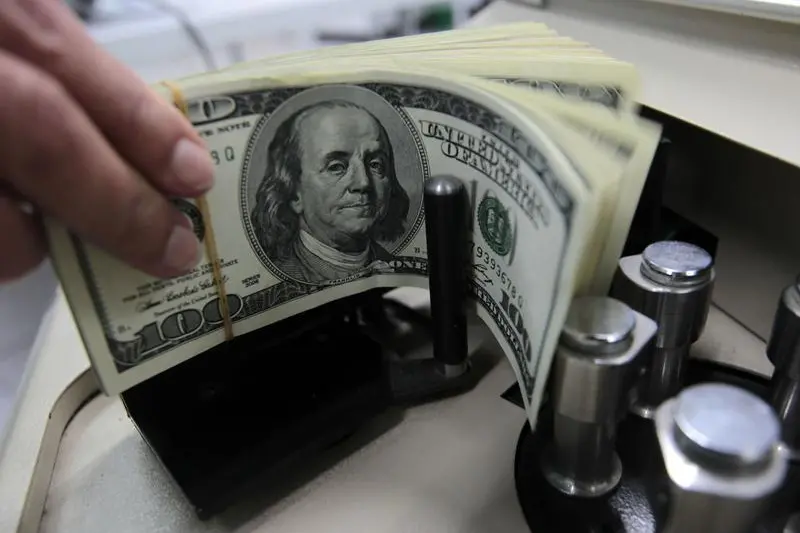PHOTO
Dubai: A whopping $20.7 billion (Dh76 billion) have been transferred to the Philippines in the last eight months, and a major source of that money is the UAE, according to the latest official figures.
Remittances play a huge role in shaping a better life for many dependent families outside developed economies.
The Philippines central bank confirmed that the amount of money moved by Filipinos to their home country continued to rise in August 2017, posting a 9.4 per cent year-on-year growth.
Expatriates from the UAE are among the most prolific senders, with the bulk of cash remittances during the first eight months of the year originating from the emirates, as well as from Saudi Arabia, Singapore, Japan, United Kingdom, Qatar, Kuwait, Germany and Hong Kong.
The primary contributors to the rise in cash remittances during the month [August] are the UAE, United States, Singapore and Qatar, the Bangko Sentral ng Pilipinas said in a statement.
The increase in remittances was driven largely by the sustained inflow of transfers from expatriates with work contracts.
Transfers coursed through banks went up by 7.8 per cent. Between January and August 2017, cash transfers alone amounted to $18.6 billion, bringing the total personal remittances to $20.7 billion.
Personal remittances include funds moved by expatriates with work contracts, as well as individuals who have migrated abroad.
Remittances to various countries declined last year, except for the Philippines and Mexico, which saw money inflows increased by 4.9 per cent and 8.8 per cent, respectively, in 2016.
World Bank data showed that foreigners who have moved abroad sent home a total of $429 billion in 2016, posting a decline of 2.4 per cent over $440 billion in 2015.
Last years decline in remittances was attributed to low oil prices and weak economic growth in the Gulf Cooperation Council (GCC) countries and the Russian Federation.
The decline in remittances, when valued in US dollars, was made worse by a weaker euro, British pound and Russian ruble against the US dollar, the World Bank said in April.
Remittances play a huge role in shaping a better life for many dependent families outside developed economies.
The Philippines central bank confirmed that the amount of money moved by Filipinos to their home country continued to rise in August 2017, posting a 9.4 per cent year-on-year growth.
Expatriates from the UAE are among the most prolific senders, with the bulk of cash remittances during the first eight months of the year originating from the emirates, as well as from Saudi Arabia, Singapore, Japan, United Kingdom, Qatar, Kuwait, Germany and Hong Kong.
The primary contributors to the rise in cash remittances during the month [August] are the UAE, United States, Singapore and Qatar, the Bangko Sentral ng Pilipinas said in a statement.
The increase in remittances was driven largely by the sustained inflow of transfers from expatriates with work contracts.
Transfers coursed through banks went up by 7.8 per cent. Between January and August 2017, cash transfers alone amounted to $18.6 billion, bringing the total personal remittances to $20.7 billion.
Personal remittances include funds moved by expatriates with work contracts, as well as individuals who have migrated abroad.
Remittances to various countries declined last year, except for the Philippines and Mexico, which saw money inflows increased by 4.9 per cent and 8.8 per cent, respectively, in 2016.
World Bank data showed that foreigners who have moved abroad sent home a total of $429 billion in 2016, posting a decline of 2.4 per cent over $440 billion in 2015.
Last years decline in remittances was attributed to low oil prices and weak economic growth in the Gulf Cooperation Council (GCC) countries and the Russian Federation.
The decline in remittances, when valued in US dollars, was made worse by a weaker euro, British pound and Russian ruble against the US dollar, the World Bank said in April.
Al Nisr Publishing LLC 2017. All rights reserved. Provided by SyndiGate Media Inc. (Syndigate.info).





















